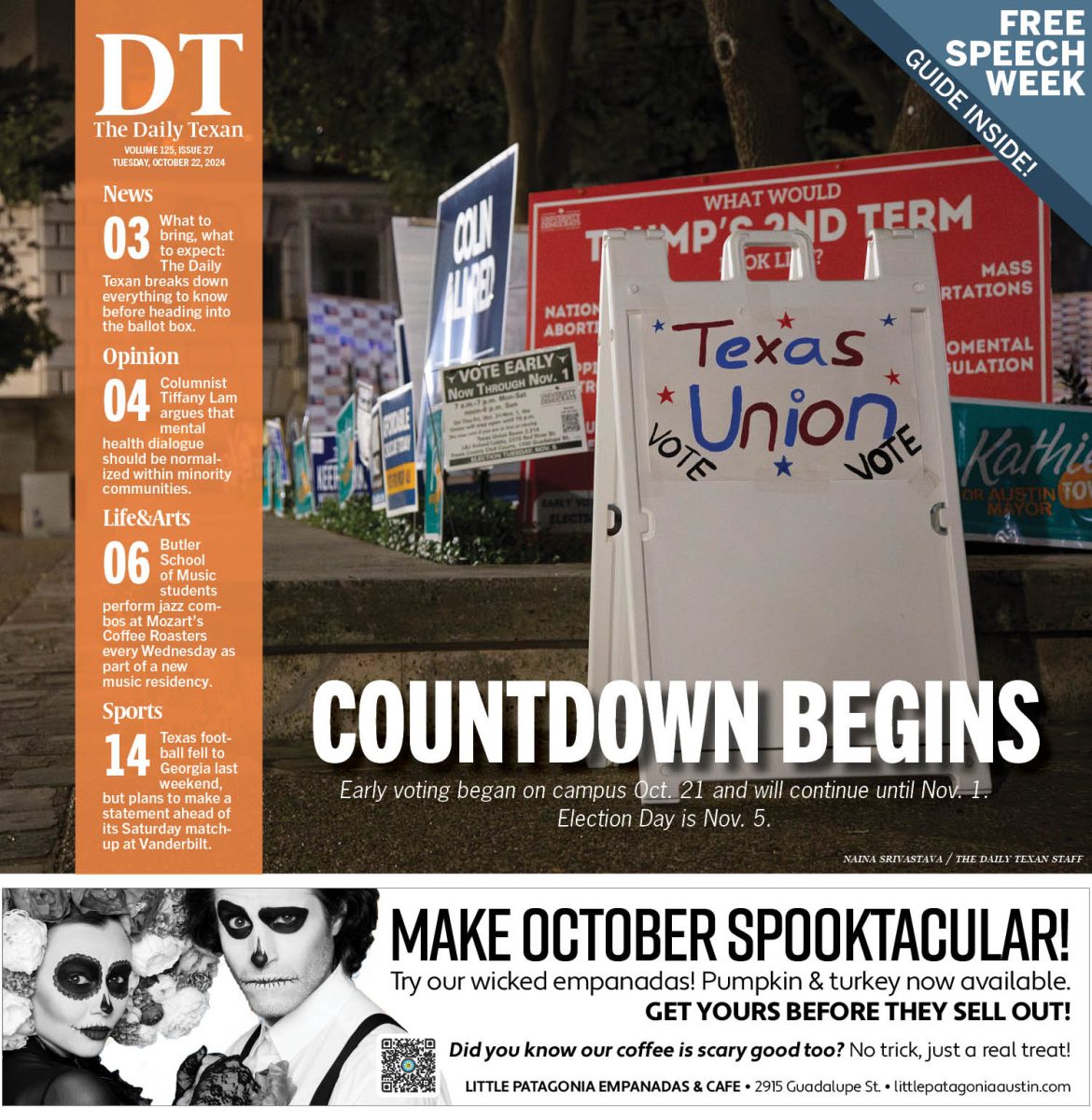Record your reflections
March 30, 2023
Leonardo da Vinci is arguably one of the most intelligent people to grace the Earth. In the Codex Atlanticus, da Vinci recorded his art techniques, observations and experiments, design for his famous flying machine, as well as his moralities and philosophies.
In its traditional sense, writing is a way to transmit ideas. We are often told to write essays, problems, lab responses and other academic applications. Historically, journaling has been an application of writing that is now criminally underused.
Much like da Vinci recorded some of the most significant thoughts in history, students and faculty can write in ways that record their reflections on daily life.
There is a sense of permanence when you write something on paper. While you can hit the backspace button several times on a computer or phone, the change is digital. However, putting pen to paper alters the physical canvas you’re painting.
My grandfather told me when I was younger that if I ever grew upset, I should write it on paper and burn it. Writing my frustrations, reservations or any negative emotion was euphoric.
Journaling is proven to help process and cognitively understand one’s stress and emotions. Writing about things you like or dislike opens the door to personal reflection and expanding ideas. Keeping a journal is also an excellent way to manage your goals and time.
Benjamin Franklin was another advocate of journaling. He especially enjoyed writing about managing his daily schedule, tracking the virtues he wished to live by and recording his thoughts about America before, during and after the Revolution.
“People can respond very well to having a repository for thoughts and feelings that can help them figure out and visualize what’s going on for them,” said Ginny Maril, associate director for clinical services at the UT Counseling and Mental Health Center.
Fast forward a couple of years later, during the spring semester of my senior year in high school, I was a kaleidoscope of emotions. My instinct was to write about everything — and I’ve never stopped since.
My first tip: Be consistent. Even if it’s a single line every day, write something with a date next to it. Then, write down everything you want or that is practical. Personally, I schedule my entire week in a single day and track my habits, finances, workouts and goals.
My second tip: Find consistencies for the writing process itself. For example, I only write with a particular brand of pens in a certain composition notebook. I start every entry with the date, a quote from scripture and a reflection on that quote. This usually gets my creative juices flowing and allows me to be comfortable when I write.
Journaling is more than a checkbox on a to-do list. It is a powerful tool for personal growth and self-reflection. Da Vinci and Franklin recognized this well; documenting our thoughts, goals and experiences can aid in processing our emotions, as well as managing our time and exploring our ideas.
Whether you’re a student, a professional or an individual seeking to improve your well-being, keeping a journal can be a life-altering experience.
Dylan Woollard is a finance sophomore from Austin, TX.







